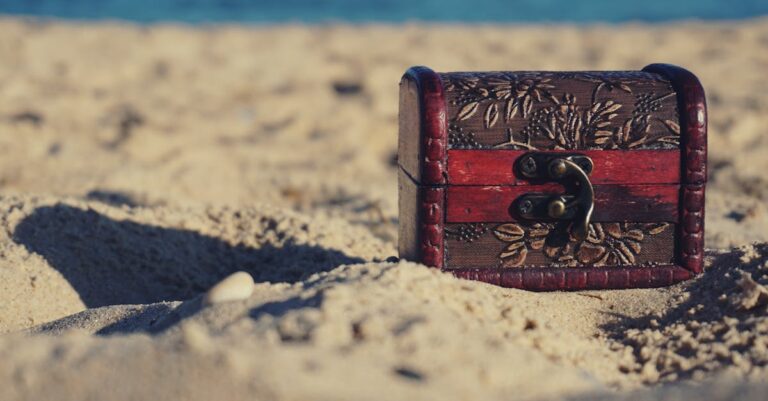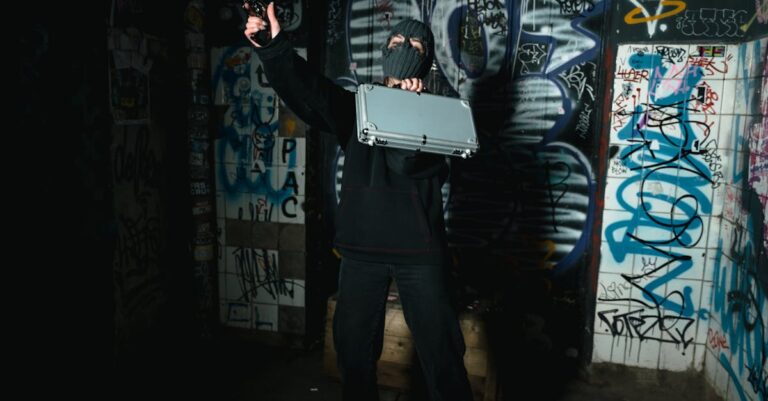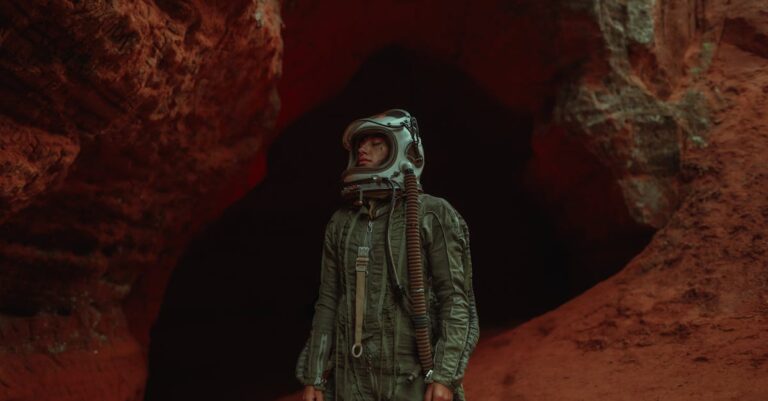
The rain in Dustbowl wasn’t normal rain. It was thick, almost viscous, smelling of iron and something else… decayed roses. Not a pleasant scent, not at all. It clung to everything – the corrugated iron of Sal’s diner, the weathered planks of the boardwalk, even Elias’ skin. He didn’t feel it on his skin though; he felt *through* it, a dull throb resonating with the relentless rhythm of the sky.
Sixteen oscillations passed in frequency outside recognized ranges. He didn’t know what that meant, not really. Numbers were just…noise, like the static in his awareness. His body existed perpetually aligned only horizontally above – below—no connection and through brief jumps he could create moments defying its stability or reach that horizon perpetually ahead to pass. He’d been doing it for… how long? Time was a meaningless concept, a collection of echoes rather than a procession.
His perspective uninfluenced – ever through eyes observing as he traveled beyond their imagined lines he initially held. He was a collector, a passive witness to a sea of lives and deaths unspooling before him. A tapestry woven with screams, laughter, desperate bargains, and quiet goodbyes. It decided his form for self; shapes his eyes – a bruised violet that seemed to drink the gloom, his voice – gravel scraped clean by wind.
He stood on the edge of Dustbowl, a town clinging to the ribs of the desert like a desperate child. It wasn’t supposed to be here. Not built, not sustained. Yet, it was. A chaotic jumble of ramshackle buildings and tenacious residents, all bound by a shared acceptance of the unnatural. Elias watched them go about their business – a widow patching her husband’s shirt, a grizzled gambler throwing dice under the flickering light of a gas lamp, a boy trading a rusty horseshoe for a handful of dried berries.
Each interaction sent another wave of memories crashing against his awareness, fragments like shattered glass. A woman’s hand reaching for a warm loaf of bread in Vienna. The metallic tang of blood on a cobblestone street in Prague. A child’s laughter echoing through an orchard in France – none of them his own, yet they resonated with a horrifying intensity.
He adjusted the worn leather strap of his satchel, a futile gesture considering it contained nothing but stones and dried flowers. He couldn’t remember *why* he carried them. His hands, rough and calloused from years of handling the unyielding earth, instinctively reached into the bag, pulling out a smooth, grey pebble.
“You’re looking at Dustbowl funny,” A voice cut through the rain-slicked air.
He turned to see Silas, the owner of Sal’s diner and a man whose face seemed permanently etched with disappointment. Silas was wiping down the counter, his movements slow and deliberate. He held a mug of something dark and steaming.
“It’s just… quiet,” Elias said, the words clattering in his throat. He hadn’t spoken much at all in weeks.
Silas took a long sip from his mug, the steam momentarily obscuring his face. “Quiet’s good. Quiet means people are thinking about something other than dust and dying.” He slid the mug across the counter. “Here. You want some coffee? It’s strong enough to peel paint.”
Elias didn’t take the mug. He stood there, observing. Silas wasn’t judging him, not really. Just…present. A small comfort in the vast emptiness of his existence.
“You’ve been here a long time,” Silas stated, not asking. “Longer than most.”
Elias didn’t react. The rain intensified, hammering against the corrugated iron roof. He felt it not on his skin – as if he were somehow separate, a ghost drifting through the edges of reality.
“There’s something… off about you,” Silas continued, placing his mug carefully on the worn counter. He leaned against it, arms crossed. “Like you’re not… anchored.”
“Anchored?,” Elias repeated, his voice a low rasp. He glanced down at the stones in his satchel, their cool weight strangely grounding. “I don’t understand.”
“Maybe you should try,” Silas suggested softly. He pushed a worn photograph across the counter. It showed a woman with laughing eyes and hair the color of wheat. “This is your wife, Lena.”
Elias stared at the photograph. The woman’s smile felt both familiar and agonizingly distant. He saw flashes – her hand brushing his cheek, the scent of lavender in her hair, a shared sunset over a field of sunflowers. Memories not his, yet vibrating with an undeniable truth. Lena. He’d carried her for years and he didn’t even know how long he’d been carrying *her*, not just her, but every woman he’d met and lost.
“She died,” Silas said, his voice flat. “A fever. Twenty years ago.”
The rain turned icy cold. Elias felt a tremor ripple through him, not of the body but something deeper. He closed his eyes, and images – Lena’s laughter, a whispered promise under a starry sky – intensified until they threatened to overwhelm him.
He opened his eyes, the bruised violet now darker, reflecting the storm brewing within him. He took a step back, pushing his way through the crowded diner, out into the relentless rain.
“I don’t want to remember,” he said, his voice strained.
Silas didn’t argue. He simply watched as Elias walked away, a solitary figure swallowed by the grey expanse of Dustbowl and the unending rain.
Elias moved along the boardwalk, stopping before an abandoned carousel. The horses were frozen in perpetual motion, their painted eyes staring blankly into the storm. He knelt down and picked up a chipped porcelain rose, its petals faded but still retaining a hint of the scent he faintly remembered – her perfume.
He crushed it in his hand, letting its fragments fall to the muddy ground. The rain washed them away, but not the memories. Not yet.
He reached into his satchel and pulled out another stone – this one jagged, obsidian black. He held it to the light and whispered a word he hadn’t spoken in decades: “Lena.”
Another cycle began. He was a collector of echoes, an observer tethered to the past by a burden he didn’t understand. And, perhaps now, just *maybe*, with the weight of her and so many others in his grip, he might finally learn how to anchor himself. Or perhaps, he would simply continue drifting through the rain and the dust, a silent witness to a world that never truly belonged to him.


